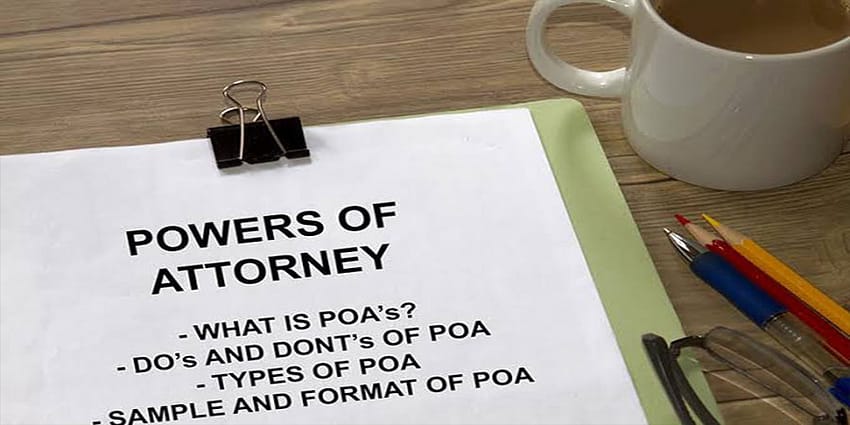Know-How To Use General Power Of Attorney In India
A General Attorney gives the person complete powers, and he or she is responsible for any acts done or decisions made on behalf of the principal person. In India, it is not uncommon in the real estate market to employ an attorney for all types of property problems and transactions, such as purchasing, selling, mortgaging, leasing, and so on. The most important factor to consider is selecting a suitable and trustworthy person to whom you will entrust. The focus here is on the usage of an Attorney for property purchases and how effective it is in the eyes of the law as well as in practice for the principal.
A general attorney can be used for a variety of things.
1. To make contact with people
2. Carry out any contract, agreement, paper, or other item.
3. Any contract, agreement, or another document must be made, signed, executed, and delivered.
4. To buy, sell, trade, lease, rent, grant, bargain, or borrow and mortgage.
5. All deeds, bonds, contracts, mortgages, notes, cheques, draughts, and money orders must be executed.
6. Managing, compromising, settling, and adjusting to all real estate concerns;
7. To make deposits or withdrawals from any of my bank accounts, CDs, money market accounts, and so on.
8. Any and all checks and draughts must be made, executed, endorsed, accepted, and delivered.
9. Execute or release any necessary deeds of trust or other security arrangements.
10. Money can be deposited and withdrawn.
11. Bank certificates of deposit, savings, and loans can be purchased and redeemed.
12. All tax returns, insurance paperwork, and other documentation must be filed and signed.
13. To act as a representative in all matters relating to the aforementioned.
14. Any such assignment or assignment of shares of stock, bonds, or other securities must be made, executed, and delivered.
-
What happens if a non-resident Indian wants to buy the property?
A non-resident Indian can buy an unlimited number of immovable properties in India, with the exception of agricultural land, farmhouses, and plantation properties, which must be purchased through prescribed channels.
A non-resident Indian can give an attorney to a person in India, but it must be properly signed on each page and attested by the Indian embassy in the nation where the non-resident Indian is located. Send his Indian counsel the original attested General Power of Attorney by courier. Where non-resident Indian wishes to purchase immovable property, the stated paperwork must be provided to the District Collector for stamping and then registered according to the applicable State Act.
I
f you want to learn more about will. Do read this article- FIND OUT HOW MUCH IT COSTS TO MAKE A WILL IN INDIA
FROM HEMANT K MIDHA

